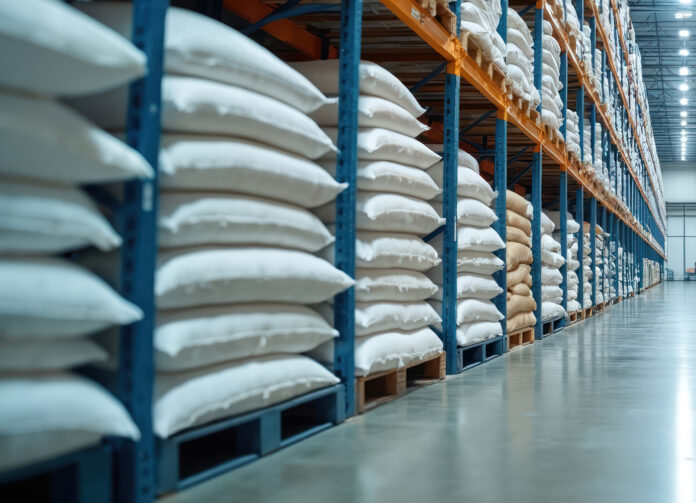In the first three months of the current fiscal year, Pakistan’s food import bill surged to nearly $2.25 billion—a 35.56% increase from the same period last year. This sharp rise was driven primarily by increased imports of sugar, edible oils, and tea.
Among the most striking statistics is the 3050.38% year-on-year increase in sugar imports, with the country bringing in 31,289 metric tonnes in just the first quarter, compared to a mere 993 metric tonnes during the same period in FY25.
The massive jump in sugar imports highlights not only the country’s rising food import dependency but also the contradictions within government policy. At a time when Pakistan is seeking to bolster its foreign reserves and reduce trade imbalances, the surge in food imports—particularly sugar—puts significant pressure on the economy. For a nation that has long relied on self-sufficiency in key commodities, the figures are staggering, raising questions about the government’s ability to manage domestic food supply amidst fluctuating global market conditions. The content in this publication is expensive to produce. But unlike other journalistic outfits, business publications have to cover the very organizations that directly give them advertisements. Hence, this large source of revenue, which is the lifeblood of other media houses, is severely compromised on account of Profit’s no-compromise policy when it comes to our reporting. No wonder, Profit has lost multiple ad deals, worth tens of millions of rupees, due to stories that held big businesses to account. Hence, for our work to continue unfettered, it must be supported by discerning readers who know the value of quality business journalism, not just for the economy but for the society as a whole.To read the full article, subscribe and support independent business journalism in Pakistan

























